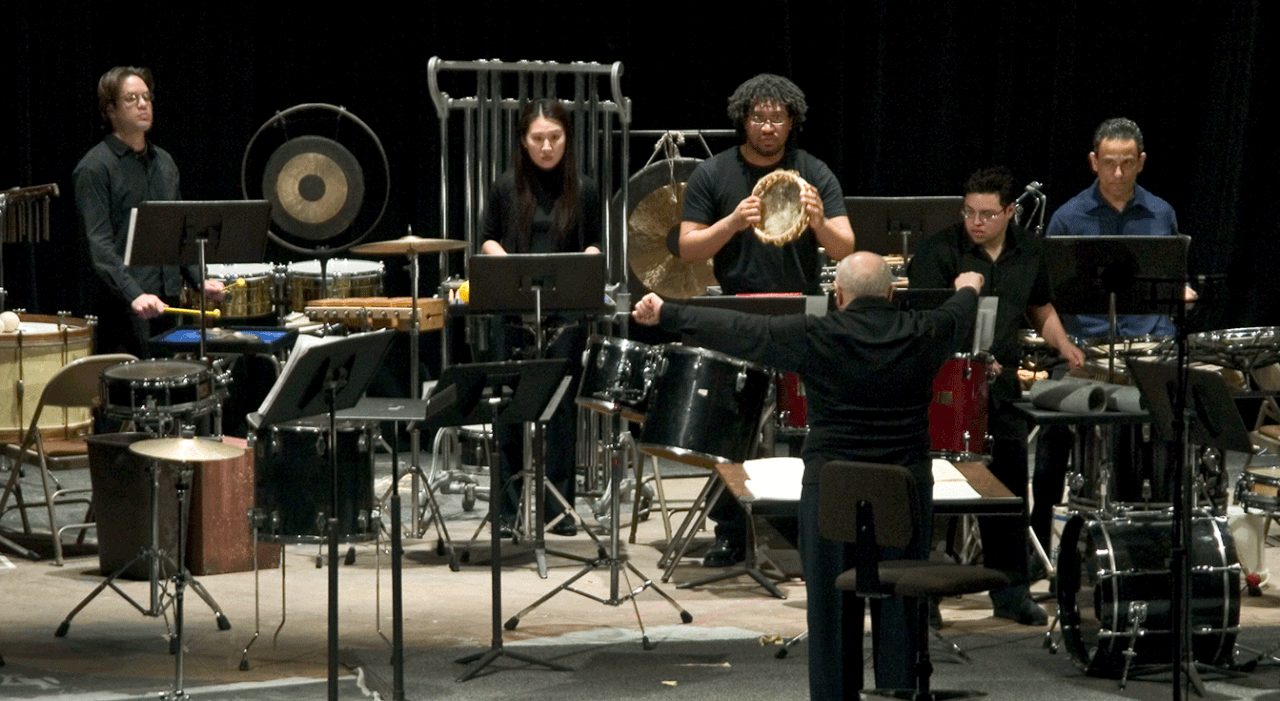Music has been a fundamental portion of human culture for centuries, advancing nearby societal changes, innovative headways, and social shifts. Understanding the history and evolution of modern music permits us to appreciate the complexity of the sounds we appreciate nowadays, from classical compositions to electronic beats overwhelming the charts.
Origins of Music: The Classical Foundations
The roots of advanced music follow back to classical conventions that overwhelmed Europe between the 17th and 19th centuries. Composers such as Johann Sebastian Bach, Ludwig van Beethoven, and Wolfgang Amadeus Mozart laid the foundation for organized compositions, agreement, and organization. Classical music emphasized song, beat, and elements, impacting the structure of afterward melodic genres.
During this period, instruments such as the piano, violin, and woodwind got to be staples of melodic expression. Composers experimented with complex harmonies and instrumental courses of action, making immortal pieces that continue to rouse performers today.
The Rise of Well-Known Music in the 20th Century
The 20th century stamped a noteworthy turning point in the advancement of music. The development of jazz in the early 1900s in the UnitedStates spoke to a move toward extemporization and rhythm-focused music. Jazz not onlyrevolutionized melodic composition but also served as a social development, reflecting the African American experience.
Following jazz, blues, and gospel, they affected early shake and roll, which detonated in the 1950s. Craftsmen like Elvis Presley and Chuck Berry changed music into a frame of youth disobedience and self-expression. Rock music's vitality and availability made it a worldwide wonder, laying the establishment for future sorts like punk, metal, and pop-rock.
Technological Progressions and Music Innovation
The advancement of cutting-edge music is closely connected to innovative development. The innovation of the phonograph in the late 19th century permitted music to be recorded and shared broadly. Radio broadcasts in the 1920s encourage extended accessto music, making a shared social experience.
In the 1980s, synthesizers and electronic disobedience changed the sound of modern music, giving birth to classes such as synth-pop, electronic dance music (EDM), and hip-hop. Inspecting innovation and advanced recording revolutionized music generation, empowering craftsmen to experiment with unused sounds and textures.
Emergence of Modern Music Genres
Modern music nowadays envelops an assorted cluster of classes, each with special characteristics formed by verifiable and social impacts. Hip-hop, which developed in the 1970s in urban America, combines cadenced discourse with melodic beats, reflecting social commentary and narrating. In the meantime, pop music proceeds to overwhelm worldwide charts with catchy songs and all-inclusive appeal.
Electronic music has, moreover, developed colossally, fueled by celebrations, DJs, and gushing stages. Shake, jazz, classical, and people music stay powerful, frequently mixing with modern styles to make imaginative half-breed genres.
Read More:- Kendrick Lamar at the Super Bowl
Cultural Effect of Advanced Music

The history and evolution of modern music is not, as it were, a story of sound but also of social impact. Music reflects societal changes, political developments, and innovative advances. Amid the respectful rights time, tunes got to be songs of devotion for social equity, whereas the computerized age has permitted performers to reach worldwide groups of onlookers instantly.
Music celebrations, social media, and gushing stages have democratized accessto music, giving autonomous craftsmen openings to flourish. This social trade has contributed to a wealthy embroidered artwork of worldwide music, mixing territorial conventions with advanced innovations.
The Part of Gushing and Computerized Platforms
In the 21st century, streaming administrations like Spotify, Apple Music, and YouTube have changed how we expend music. Craftsmen can discharge tracks right away, and audience members can investigate an interminable assortment of classes. Calculations analyze inclinations, making personalized tuning in encounters and impacting patterns in cutting-edge music.
Digital stages also protect authentic recordings, making it simpler for modern eras to investigate the advancement of music styles. This openness guarantees that music history remains lively while proceeding to motivate modern creativity.
Music as a Widespread Language
Music’s advancement illustrates its part as an all-inclusive dialect that rises above borders. In spite of contrasts in dialect or culture, the cadence, tune, and feeling of music interface individuals around the world. Present-day collaborations between craftsmen from distinctive nations embody how music has advanced into a worldwide social phenomenon.
The combination of conventional rebellion with present-day innovation proceeds to extend conceivable outcomes, permitting performers to enhance while honoring the roots of music history.
Read More:- Free Music Playlists for Everyone to Enjoy
Conclusion: The Ever-Evolving Soundscape
The history and evolution of modern music is a travel through centuries of human imagination, advancement, and expression. From classical compositions to electronic beats, each period has contributed to the energetic soundscape of nowadays. Innovation, social shifts, and worldwide interconnecting proceed to shape music, guaranteeing it remains a crucial portion of human life.
Understanding this advancement not onlyenhances our appreciation for music but also highlights its control to interface, rouse, and change social orders. As advanced music proceeds to advance, one thing remains steady: its capacity to reverberate with the human soul over eras.
